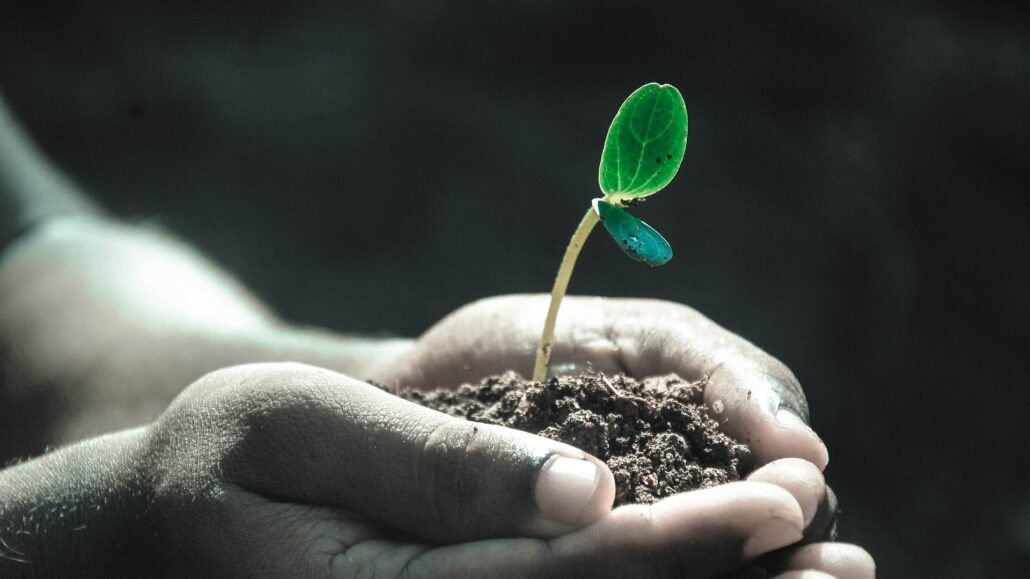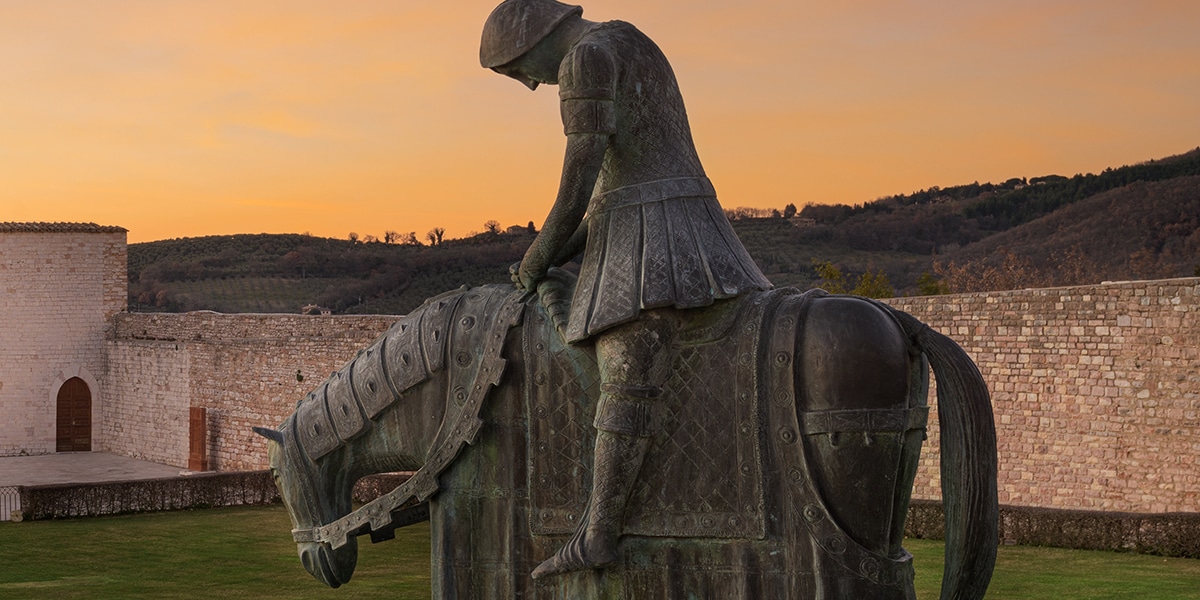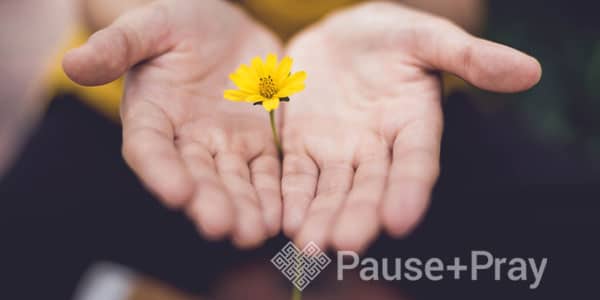On our small, diversified family farm, July is one of the manic months. We’re as busy as our honeybees, picking vegetables and fruit, harvesting hay, gathering eggs, and battling pests and weeds.
We run, sweat-soaked, from one urgent task to the next, wonderfully caught in the web of our responsibilities—but never caught up. Aside from keeping us jumping, months like July remind me how many different parts and pieces make up the complex ecosystem that is our farm, and how all those elements interact with each other. If July on our farm were a sound, I think it would be a full, rich, sometimes chaotic symphony, with all parts contributing something essential to the whole.
Much of modern science—from biology to particle physics, from climate science to social science—is now saying something similar, not just about farms but about cities and civilizations, about weather, about the smallest quarks and the most distant planets.
Everything, we’re learning, has some meaningful (though mysterious) connection to everything else. Everything belongs, everything matters.
Christians were on to this truth almost 2,000 years before scientists. Trinity was the word our tradition came up with to describe our experience of God as the power of love, who creates everything, holds everything in relationship to everything else, and draws it all toward redemption. God, revealed in Jesus Christ, is the composer and conductor of the magnificent symphony of creation.
Unfortunately, most of us don’t take the new insights of science, or even the old truths of our own faith, all that seriously in our daily lives. We’ve been much more inclined to buy into the popular but wrongheaded idea that we’re all free, independent, self-made individuals, that the suffering of someone across the globe isn’t our concern, that our actions don’t have much meaningful effect (good or ill) on anyone or anything else.
Fortunately, it’s getting harder and harder to keep up those fictions; everywhere we turn, the facts tell us otherwise. In the face of these discoveries is a challenging choice. Will we live apart, tending mostly to our own affairs? Or will we choose to live as a part of a much larger whole, embracing the blessings and burdens of our connectedness?
This isn’t an abstract philosophical question; it’s much more dangerous than that. How we answer it will shape how we spend our time, our money, our energy, our love—and eternity.
Reaching Out
- The next time you receive the Eucharist, remember how it connects you to the earth and to everyone who ever has or ever will share in the body of Christ.
- What habits isolate you from others? Are there any you could live without?
- How might you reach out this month in your parish or neighborhood to people who are lonely?








